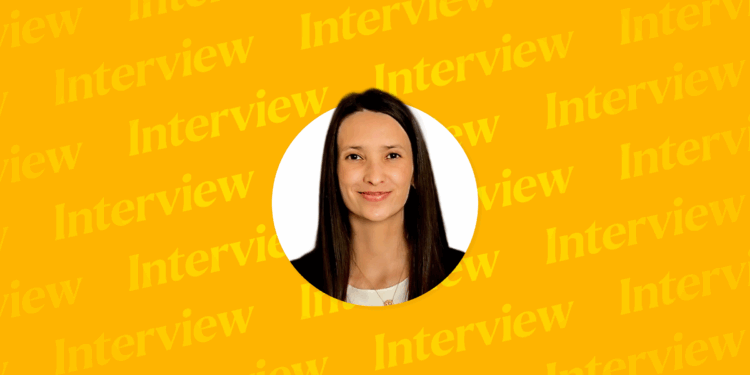In conversation with Laura Vengoechea, Senior Associate at Posse Herrera Ruiz.
Based in Colombia, Posse Herrera Ruiz (PHR) is a leading full-service law firm with offices in Bogotá, Medellín, and Barranquilla. With more than 150 attorneys, 29 partners, and over 25 areas of legal practice, the firm is widely recognized for its strategic, cross-disciplinary approach to complex legal challenges. In its Dispute Resolution practice, PHR handles high-stakes litigation and arbitration matters across Latin America, combining deep regional insight with an emphasis on innovation and efficiency.
Laura Vengoechea, a Senior Associate in the Dispute Resolution practice, has seen these pressures firsthand. As their international arbitration caseload increased, so did the burden of repetitive research, sprawling documents, and time-sensitive client demands. The firm saw an opportunity to explore how legal AI could help streamline processes and contribute to a more efficient workflow.
Identifying a Bottleneck in Legal Research
“Legal research used to take many days,” said Laura. “And many times, associates had to go back to the databases to do a second or a third research on the same topic.” These delays made it harder to move quickly on complex matters and added pressure to already demanding timelines.
Seeing the potential of AI to relieve some of that strain, PHR established a Legal Innovation and Knowledge Department led by Natalia Alarcón, a seasoned attorney specialized in AI. One of her first initiatives was to train all lawyers in how AI works and to identify tools that could deliver real value. This led the Dispute Resolution team to join the Jus AI Acceleration Program, a pilot initiative offering early access to Jus AI, along with tailored onboarding and support.
Introducing a Purpose-Built AI Solution
Through the program, the team focused on applying Jus AI to international arbitration research. “We learned how to use Jus AI and how it is constantly updated and fed by the Jus Mundi database,” Laura said. “We were able to witness and understand how Jus AI was developed and how it makes our lives easier.”
Most AI tools are trained for wide applicability, not for the depth or nuance required in arbitration. Jus AI is different. “It’s designed to make legal research easier and better,” she explained. “It is built upon the Jus Mundi database, which is the most comprehensive database in arbitration, and it is constantly being updated.”
Measurable Gains in Time and Clarity
Since adopting Jus AI, the team has dramatically accelerated its research process. Tasks that once took hours or days can now be completed in minutes. “For example, if you ask Jus AI which cases have referred to the Dallah v. Government of Pakistan case, it takes less than a minute and gives you a table of 20 cases and a brief explanation on how those cases use it,” said Laura. “Then you go to the footnote, and it leads you to the source, where you can easily navigate through the relevant paragraphs of each award.”
Beyond saving time, Jus AI supports more consistent and well-grounded legal reasoning. “I think I speak for all of my colleagues when I say that Jus AI has become an essential tool when working in international arbitration,” she added.
With growing caseloads and rising expectations for speed and precision, Posse Herrera Ruiz views Jus AI as a critical part of the future of arbitration. By adopting technology that is built specifically for arbitration and powered by trusted legal content, the firm is not only improving internal workflows but also delivering greater value to its clients.
Ready to see how Jus AI can elevate your practice?





